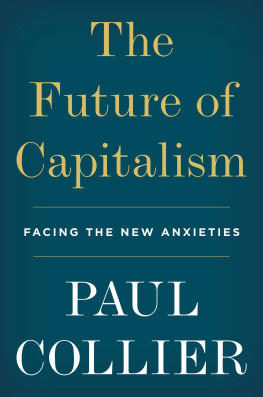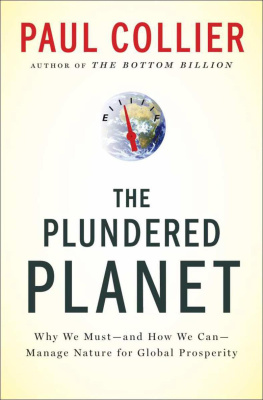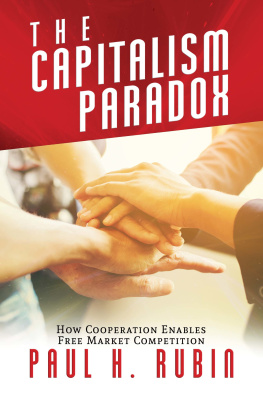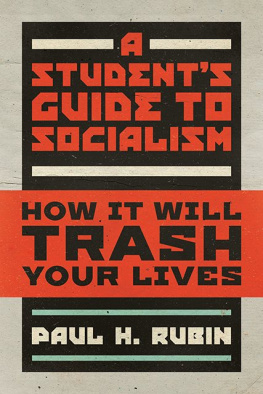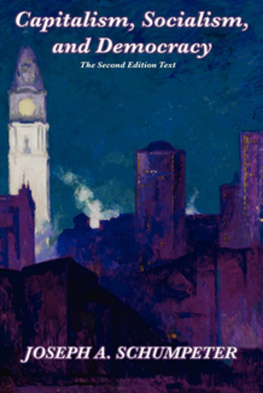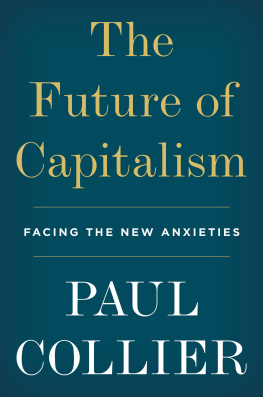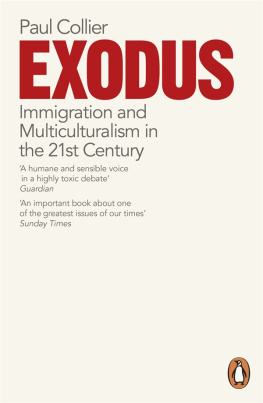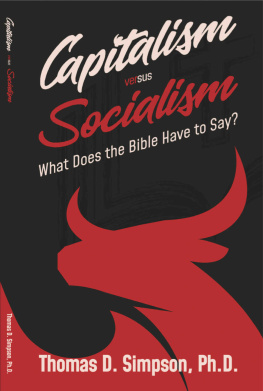Contents
Guide
for Sue
diverging lives, converging anxieties
Contents
PASSION AND PRAGMATISM
Deep rifts are tearing apart the fabric of our societies. They are bringing new anxieties and new anger to our people, and new passions to our politics. The social bases of these anxieties are geographic, educational and moral. It is the regions rebelling against the metropolis; northern England versus London; the heartlands versus the coasts. It is the less educated rebelling against the more educated. It is the struggling workers rebelling against the scroungers and rent-seekers. The less-educated, toiling provincial has replaced the working class as the revolutionary force in society: the sans culottes replaced by the sans cool. So, what are these people angry about?
Place has become a dimension of the new grievances; after a long period during which geographic economic inequalities narrowed, recently they have been widening rapidly. Across North America, Europe and Japan, metropolitan areas are surging ahead of the rest of the nation. Not only are they becoming much richer than the provinces, socially they are becoming detached and no longer representative of the nation of which they are often the capital.
But even within the dynamic metropolis, these extraordinary economic gains are heavily skewed. The newly successful are neither capitalists nor ordinary workers: they are the well educated with new skills. They have forged themselves into a new class, meeting at university and developing a new shared identity in which esteem comes from skill. They have even developed a distinctive morality, elevating characteristics such as minority ethnicity and sexual orientation into group identities as victims. On the basis of their distinctive concern for victim groups, they claim moral superiority over the less-well educated. Having forged themselves into a new ruling class, the well educated trust both government and each other more than ever.
While the fortunes of the educated have soared, pulling up national averages with them, the less-well educated, both in the metropolis and nationally, are now in crisis, stigmatized as the white working class. The syndrome of decline began with the loss of meaningful jobs. Globalization has shifted many semi-skilled jobs to Asia, and technological change is eliminating many others. The loss of jobs has hit two age groups particularly hard: older workers and those trying to find their first job.
Among older workers, job loss often led to family breakdown, drugs, alcohol and violence. In America, the resulting collapse in the sense of a purposeful life is manifested in falling life expectancy for whites who have not been to college; this at a time when the unprecedented pace of medical advances is delivering rapidly rising life expectancy for more favoured groups. And Europeans are even more pessimistic than Americans.
The resentment of the less educated is tinged with fear. They recognize that the well educated are distancing themselves, socially and culturally. And they conclude that both this distancing and the emergence of more-favoured groups, perceived as creaming off benefits, weaken their own claim to help. The erosion of their confidence in the future of their social safety net is happening just as their need for it has increased.
Anxiety, anger and despair have shredded peoples political allegiances, their trust in government and even their trust in each other. The less educated were at the core of the mutinies that saw Donald Trump defeat Hillary Clinton in the USA; Brexit defeat Remain in the UK; the insurgent parties of Marine Le Pen and Jean-Luc Mlenchon gain over 40 per cent of the vote in France (shrivelling the incumbent Socialists to under 10 per cent); and in Germany so shrinking the Christian DemocratSocial Democrat coalition to turn the far right AfD (Alternative for Germany) into the official opposition in the Bundestag. The education divide was compounded by the geographic divide. London voted heavily for Remain; New York voted heavily for Clinton; Paris eschewed Le Pen and Mlenchon; and Frankfurt eschewed the AfD. The radical opposition came from the provinces. The mutinies were age-related, but they were not as simple as old-versus-young. Both older workers, who had been marginalized as their skills lost value, and young people, entering a bleak job market, turned to the extremes. In France, youth voted disproportionately for the new-look far right; in Britain and the USA, they voted disproportionately for the new-look far left.
Nature abhors a vacuum, and so do voters. The frustration born of this gulf between what has happened and what is feasible has provided the pulse of energy for two species of politician that were waiting in the wings: populists and ideologues. The last time capitalism derailed, in the 1930s, the same thing happened. The emerging dangers were crystallized by Aldous Huxley in Brave New World (1932) and George Orwell in Nineteen Eighty-Four (1949). The end of the Cold War in 1989 appeared to usher in a credible prospect that all such disasters were behind us: we had arrived at the end of history, a permanent utopia. Instead, we are facing the all-too-credible prospect of our very own dystopia.
The new anxieties have promptly been answered by the old ideologies, returning us to the stale and abusive confrontation of left and right. An ideology offers the seductive combination of easy moral certainties and an all-purpose analysis, providing a confident reply to any problem. The revived ideologies of nineteenth-century Marxism, twentieth-century fascism and seventeenth-century religious fundamentalism have all already lured societies into tragedy. Because the ideologies failed, they lost most of their adherents, and so few ideologue politicians were available to lead this revival. Those that were belonged to tiny residue organizations: people with a taste for the paranoid psychology of the cult, and too blinkered to face the reality of past failure. In the decade preceding the collapse of communism in 1989, the remaining Marxists thought they were living in late capitalism. The public memory of that collapse has now receded sufficiently to support a revival: there is a new flood of books on the same theme.
Rivalling the ideologues in seductive power is the other species of politician, the charismatic populist. Populists eschew even the rudimentary analysis of an ideology, leaping directly to solutions that ring true for two minutes. Hence, their strategy is to distract voters from deeper thought through a kaleidoscope of entertainment. The leaders with these skills are drawn from another tiny pool: the media celebrities.
While both ideologues and populists thrive on the anxieties and anger generated by the new rifts, they are incapable of addressing them. These rifts are not repeats of the past; they are complex new phenomena. But in the process of implementing their passionate snake-oil cures, such politicians are capable of doing enormous damage. There are viable remedies to the damaging processes underway in our societies, but they derive neither from the moral passion of an ideology nor the casual leap of populism. They are built upon analysis and evidence, and so require the cool head of pragmatism. All the policies proposed in this book are pragmatic.
Yet there is a place for passion, and it suffuses the book. My own life has straddled each of the three grim rifts that have opened in our societies. While I have maintained a cool head, they have seared my heart.
I have lived the new geographic divide between booming metropolis and broken provincial cities. My hometown of Sheffield became the emblematic broken city, the collapse of the steel industry immortalized in

